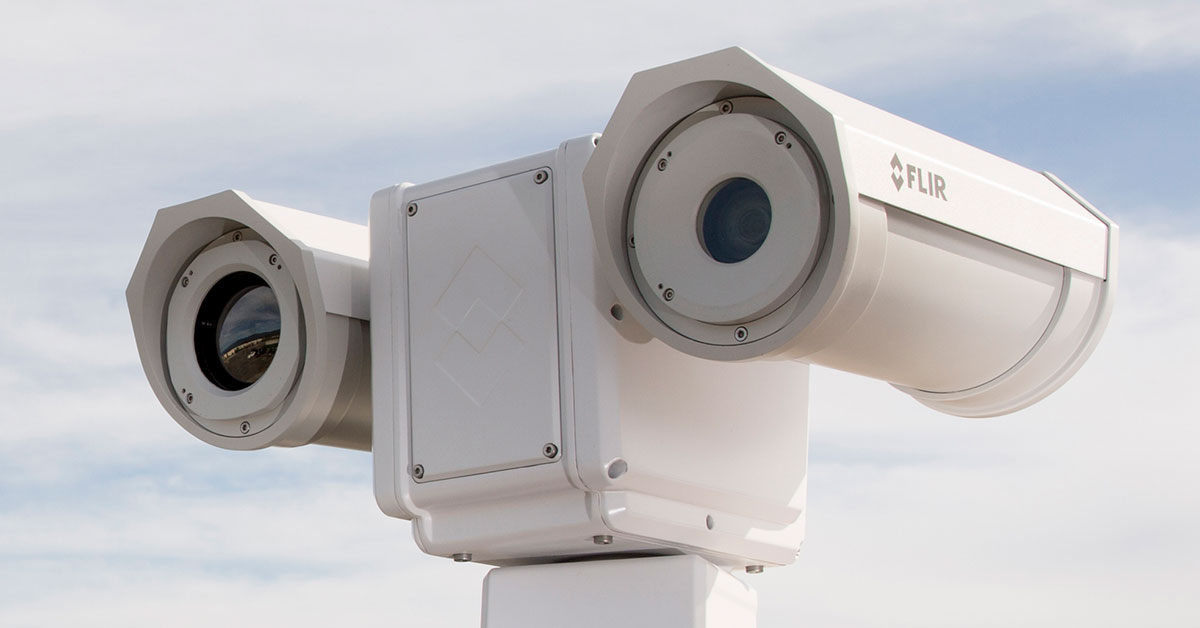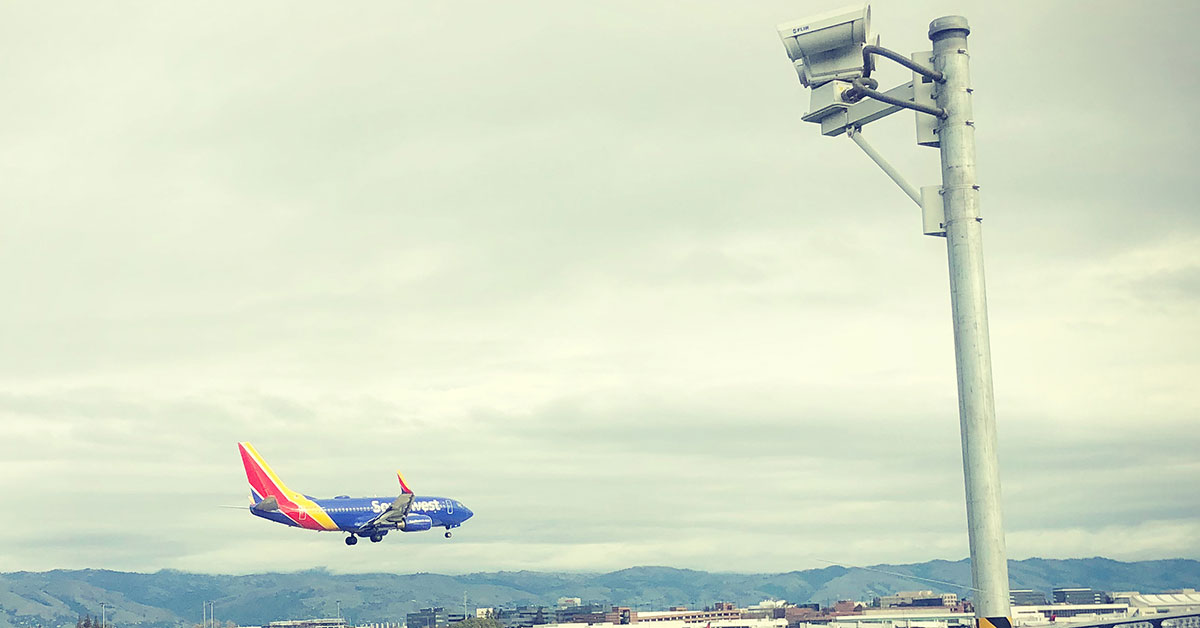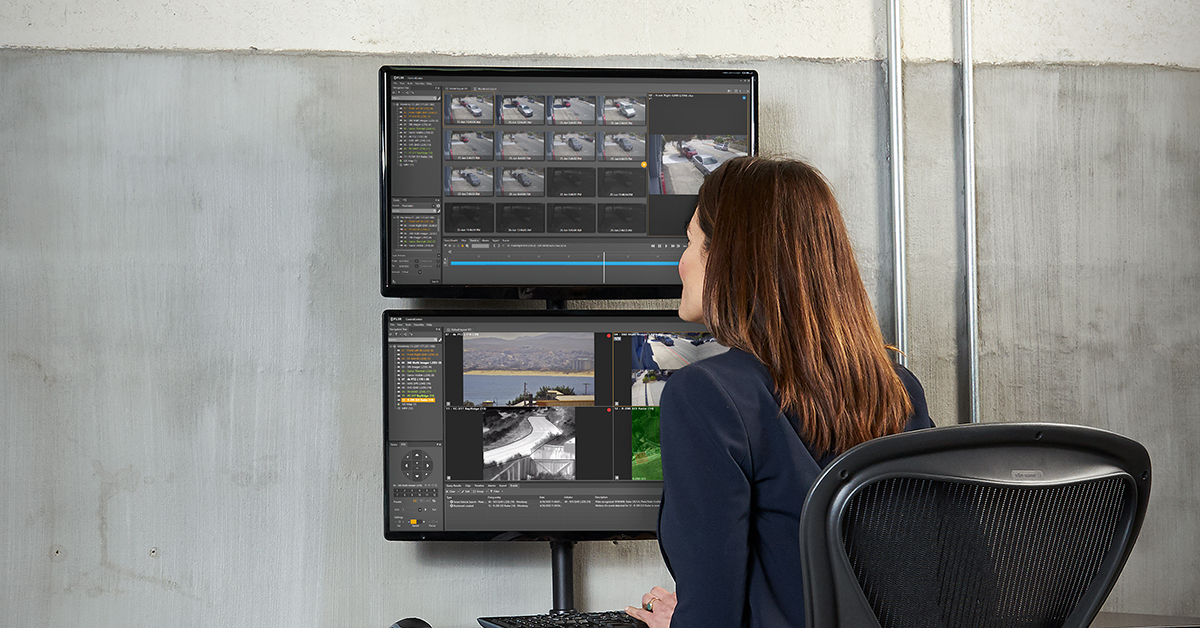How to Improve Perimeter Intrusion Detection with an End-to-End Solution
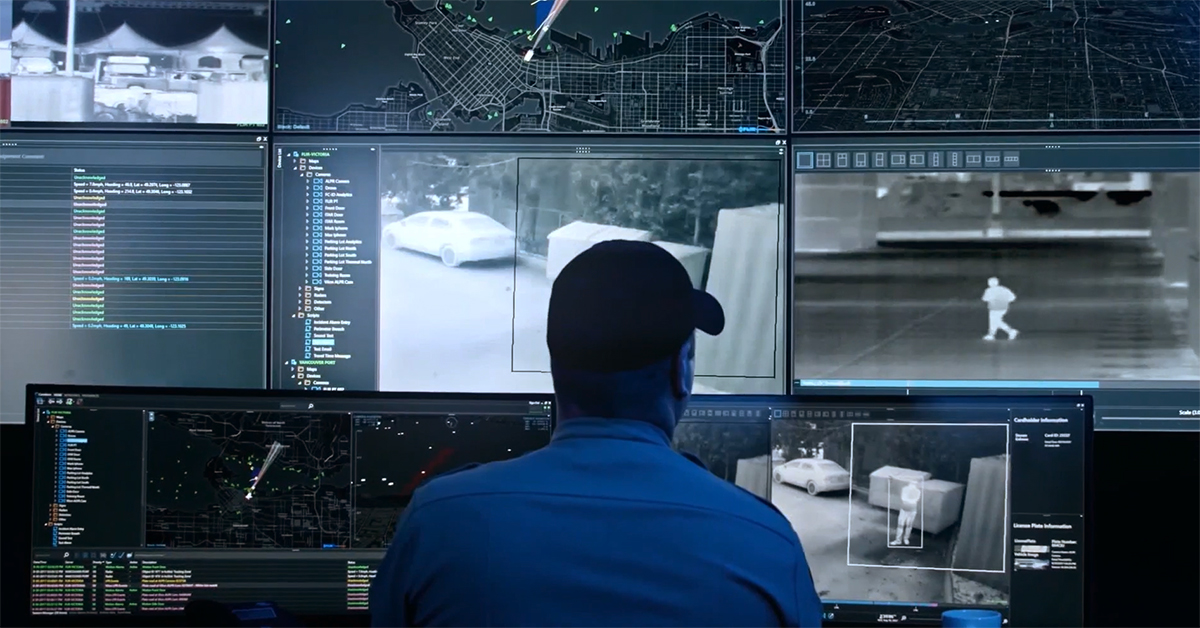
Designing a perimeter intrusion detection system (PIDS) requires skill. Inclement weather, adverse lighting, limited power, and challenging environments are factors system integrators must mitigate by choosing the right technologies. While requiring more upfront technical design, end-to-end solutions are highly effective in advancing a customer’s overall perimeter security and crime deterrence efforts. These total solutions layer multiple sensors and aggregate data from a number of security devices to give end users a more holistic understanding of approaching threats and tools to streamline response.
Here’s a look at why end-to-end solutions are worth investing in and how they improve perimeter security.
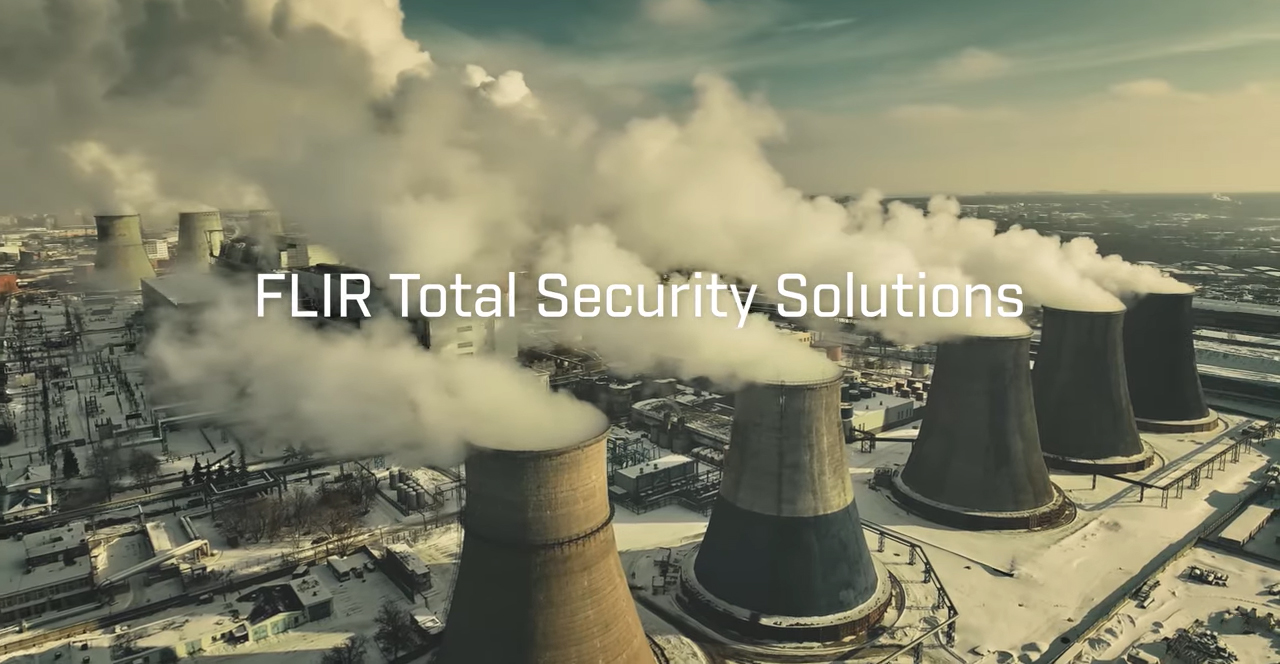
Added Flexibility
End-to-end solutions eliminate siloed security systems that do not interface with each other. Rather, these solutions bring together video, analytics, access control, and audio for ultimate situational awareness and total security control. End-to-end solutions allow security personnel to deploy top industry-proven technologies. They can either be a best-of-breed solution that leverages an open platform VMS as well as edge devices from several manufacturers who specialize in certain technologies. Or, they can be a single solution from a one-stop-shop manufacturer where the solution utilizes a manufacturer’s full portfolio of technologies. FLIR is among the leading solution providers that allow customers to design both types of end-to-end solutions.
Expanded Coverage and Visibility
When it comes to perimeter security, end users need to be alerted at the first sign of a suspicious object or person approaching the premises. An end-to-end solution meets this goal by integrating multiple sensors for expanded monitoring. For example, these solutions can integrate a radar with a thermal camera. This enables intrusion detection hundreds of feet beyond the fence line and allows operators to have early warning of any irregular activity.
Increased Probability of Detection
As the saying goes, two are better than one. The same principal is true when it comes to implementing sensors for intrusion detection. By layering a radar with thermal cameras, the accuracy of detection substantially increases. If both sensors alert on a person that crosses the perimeter, it is likely a true alarm. When customers use thermal and radar together, not only do they reduce false alarms, but they also automate target tracking for superior threat assessment.
Improved Real-Time Intelligence
An important capability of end-to-end security solutions is their ability to deliver data in real time. Running analytics, either on the edge devices themselves or through the VMS is key. Customers can use human and vehicular target classification, license plate recognition, and facial recognition to know whether a car or suspect is unauthorized or simply an employee on the property after hours.
Shortened Response Time
End-to-end solutions offer security personnel more tools to respond to high-risk scenarios in the event of a verified threat. If an intruder breaches the perimeter at a power plant, through the VMS, an operator can visualize the location of the intruder on a map. The operator could then initiate a lockdown to prevent the intruder from accessing any nearby doors at the facility.
Comprehensive Reporting
For alarm events, end-to-end solutions simplify reporting. Operators can gather incident evidence from multiple devices. All of this is packaged together, downloaded, and quickly sent to the police to aid in their investigation.
